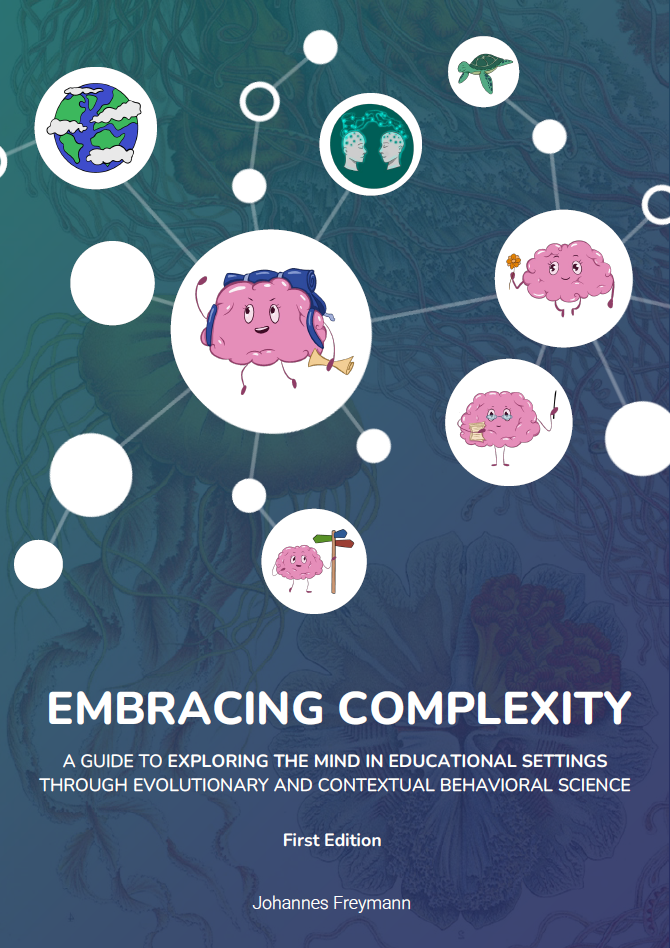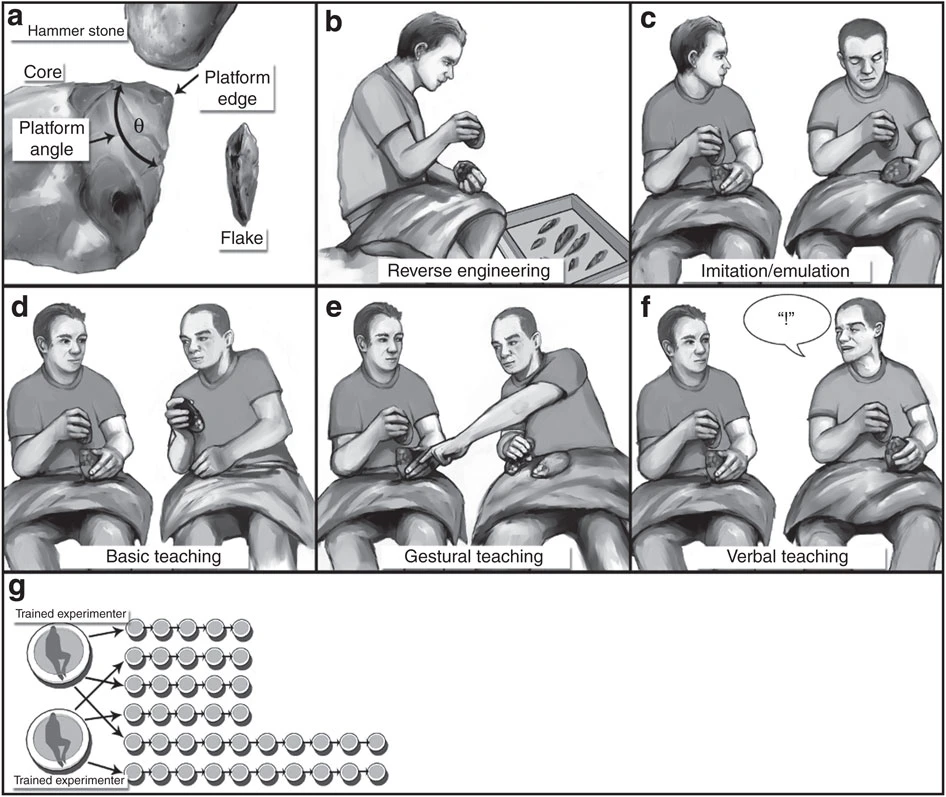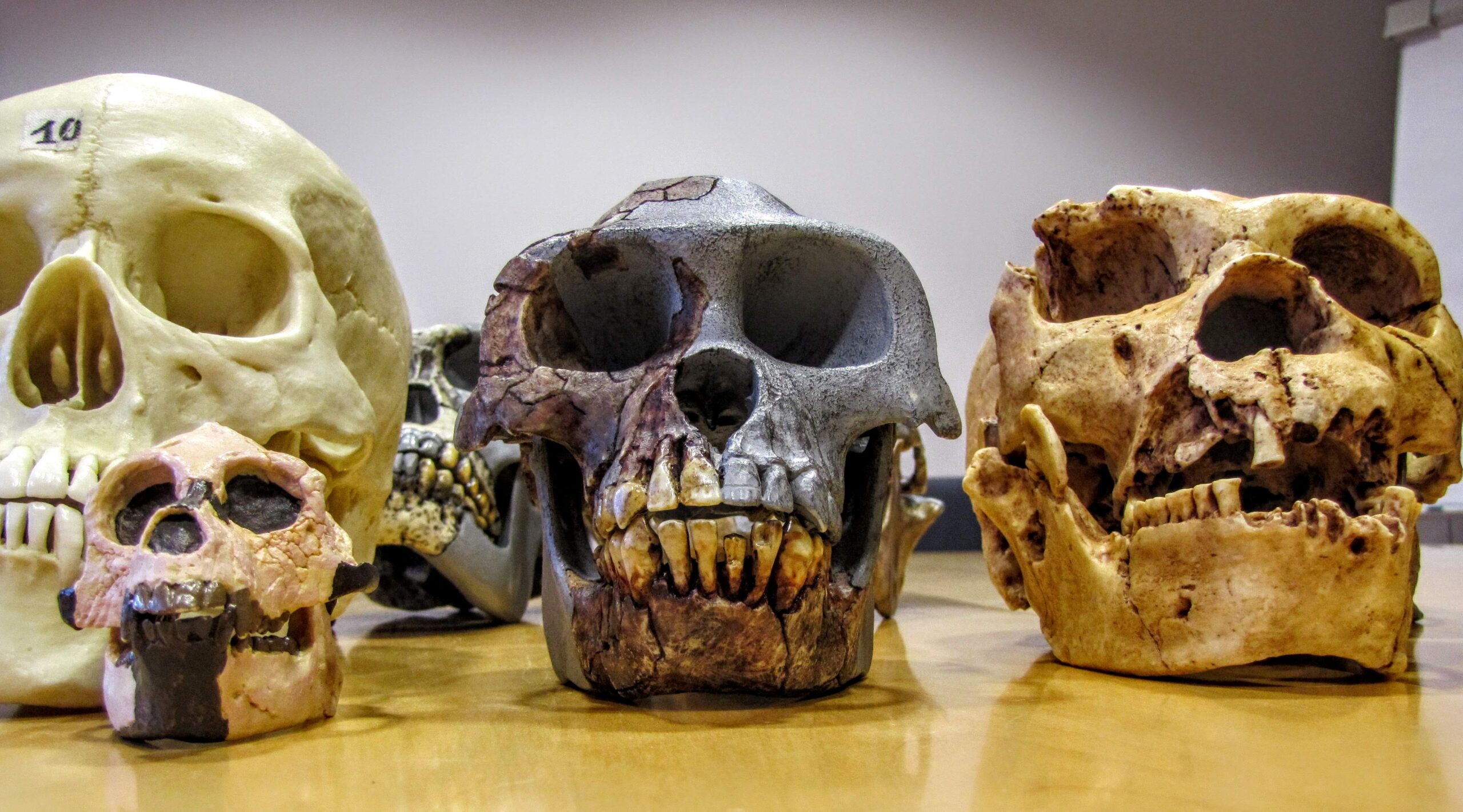
Embracing Complexity
A guide to exploring the mind in educational settings through evolutionary and behavioral science
Have you ever wondered what life would be like without language?
No conversations. No texting. No questions. No jokes, no songs, no stories.
No way to explain your thoughts — or understand someone else’s. Language is so much a part of who we are that we often forget how strange and incredible it really is. Every word we speak or sign is part of a system built over thousands of generations — shaped by our ancestors, our cultures, our brains, and the environments we live in.
This reader is an invitation to explore one of the greatest mysteries in science:
How did humans come to have language, and what does that say about us?
You don’t need to be an expert to start asking big questions. This guide is built to help you:
As you read, we hope you’ll not only learn new things, but also begin to notice language in your everyday life: how people speak, how they listen, and how powerful just a few words can be.

A guide to exploring the mind in educational settings through evolutionary and behavioral science

An experiment in which researchers wanted to examine the role of teaching and communication in the transmission of toolmaking.

Human language and our capacity for symbolic thinking are probably among the most challenging set of human traits to study and understand …
OpenEvo is an educational innovation project from the Department of Comparative Cultural Psychology at the Max Planck Institute for Evolutionary Anthropology.
Evolve the future of education with us!